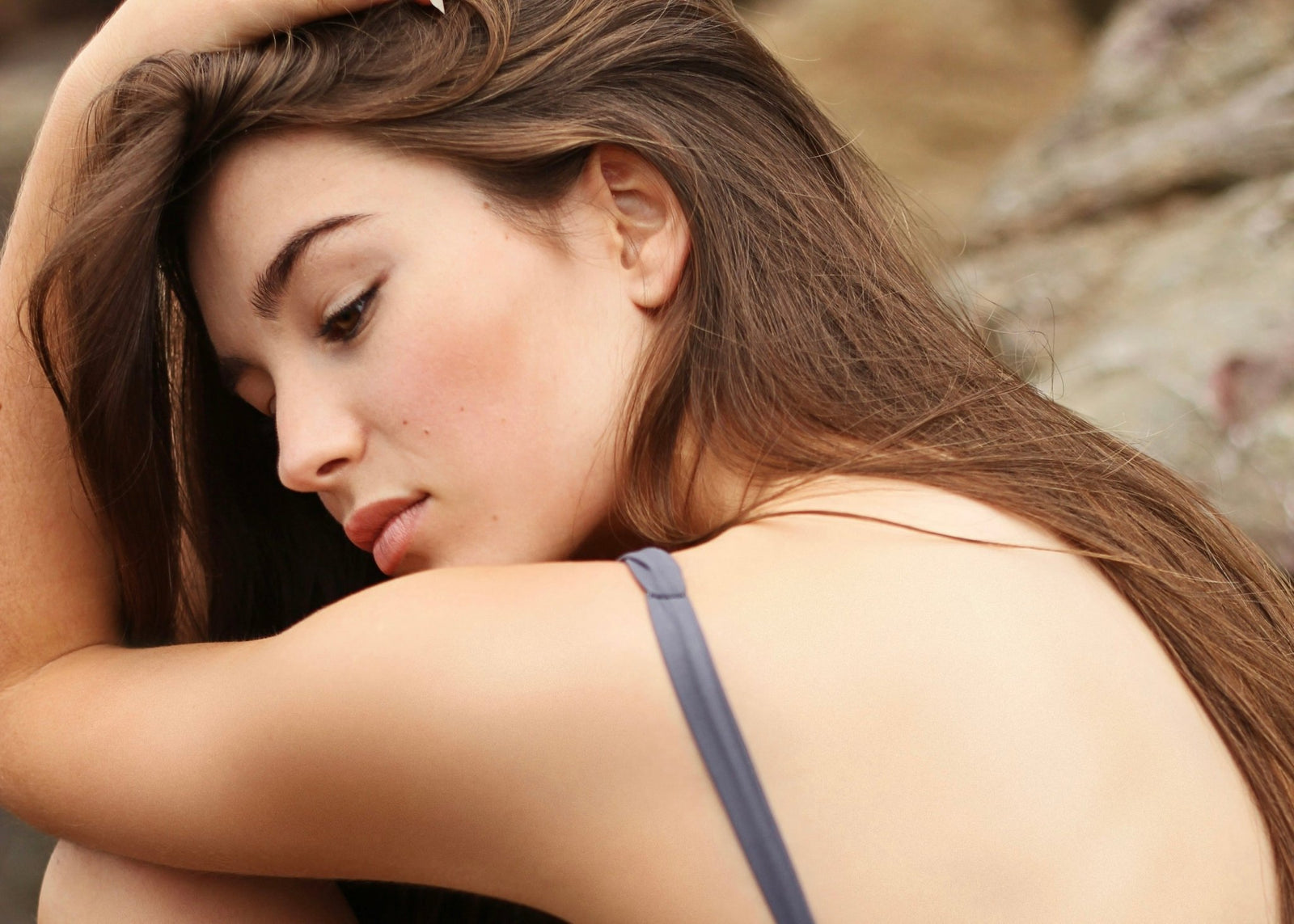
Does Retinol Help Blackheads? Effectiveness and Usage Tips
Blackheads, those pesky little dark spots that appear on your skin, can be a source of frustration for many. They are a form of acne that occurs when the pores on your skin become clogged with dead skin cells and excess oil. One ingredient that has been touted for its potential benefits in combating blackheads is retinol. But does it really work? Let's explore the effectiveness of retinol for blackheads and provide some tips for its usage.
Understanding Retinol
Retinol, a derivative of vitamin A, is a popular ingredient in skincare products. It's known for its ability to promote skin cell turnover, which can help to unclog pores and reduce the appearance of blackheads. Additionally, retinol has been shown to stimulate collagen production, which can improve skin texture and reduce the appearance of fine lines and wrinkles.
However, it's important to note that retinol can cause skin irritation, especially when first used. It's recommended to start with a lower concentration and gradually increase as your skin becomes accustomed to the ingredient.
The Effectiveness of Retinol for Blackheads
So, does retinol actually help with blackheads? The answer is yes, but with a few caveats. Retinol can help to reduce the appearance of blackheads by promoting skin cell turnover and unclogging pores. However, it's not a quick fix and requires consistent use over time to see results.
It's also worth noting that while retinol can help with blackheads, it may not be effective for everyone. Everyone's skin is different, and what works for one person may not work for another. It's always best to consult with a dermatologist or skincare professional before starting any new skincare regimen.
How to Use Retinol for Blackheads
Using retinol for blackheads involves a few key steps. Here's a simple guide to help you get started:
- Start with a low concentration: As mentioned earlier, retinol can cause skin irritation, especially when first used. It's best to start with a lower concentration and gradually increase as your skin becomes accustomed to the ingredient.
- Apply at night: Retinol can make your skin more sensitive to the sun, so it's best to apply it at night. Be sure to use a broad-spectrum sunscreen during the day to protect your skin.
- Use consistently: Retinol requires consistent use over time to see results. It's not a quick fix, so be patient and stick with it.
Natural and Sustainable Skincare Alternatives
While retinol can be effective for blackheads, it's not the only option. There are many natural and sustainable skincare ingredients that can also help to combat blackheads. These include:
- Tea Tree Oil: Known for its antibacterial properties, tea tree oil can help to unclog pores and reduce the appearance of blackheads.
- Green Tea: Rich in antioxidants, green tea can help to reduce inflammation and protect the skin from damage.
- Jojoba Oil: Similar to the skin's natural oils, jojoba oil can help to balance oil production and prevent clogged pores.
These natural ingredients not only offer benefits for your skin, but they're also better for the environment. By choosing skincare products with natural and sustainable ingredients, you can take care of your skin while also taking care of the planet.
Conclusion
In conclusion, retinol can be an effective ingredient for reducing the appearance of blackheads. However, it's not a quick fix and requires consistent use over time to see results. It's also important to remember that everyone's skin is different, and what works for one person may not work for another. Always consult with a dermatologist or skincare professional before starting any new skincare regimen.
And remember, there are many natural and sustainable skincare alternatives that can also help with blackheads. By choosing these options, you can take care of your skin while also taking care of the planet.













